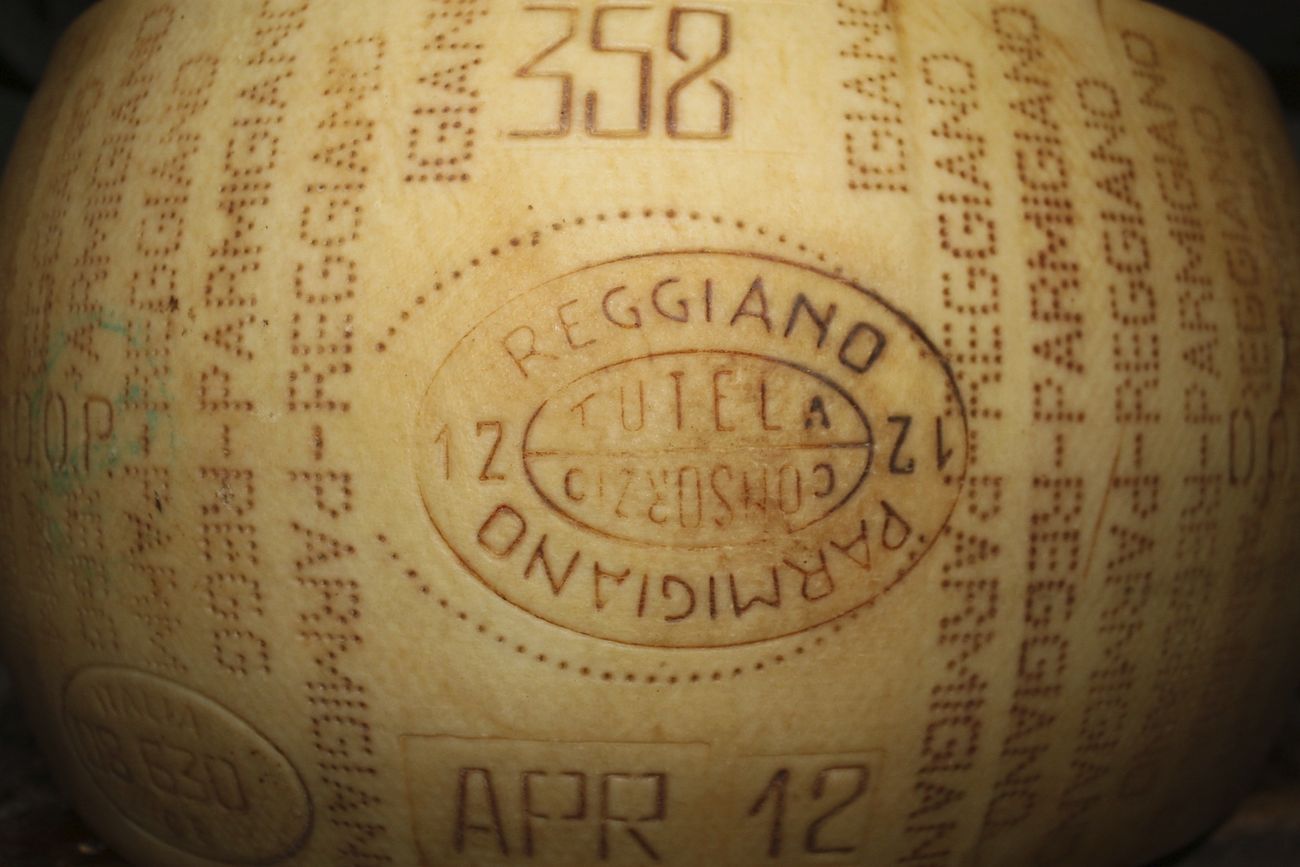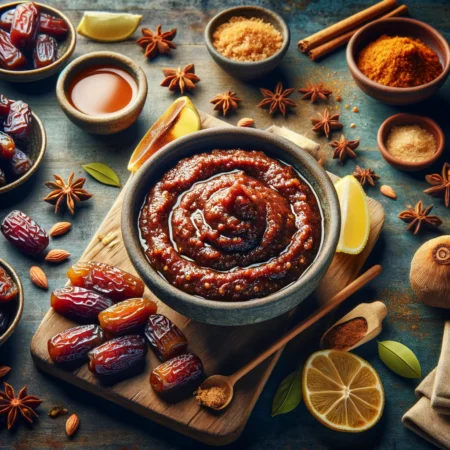The World Trade Organization (WTO) is an international organization that facilitates and regulates international trade between countries. One area that the WTO has implemented regulations is on food origin, which refers to the place where a food product is grown, raised, or produced. There are several reasons for the WTO to have regulations on food origin, which can be grouped into three main categories: economic, health, and environmental.
- Economic reasons:
- International trade in food products is a major contributor to the global economy, and the WTO plays a crucial role in facilitating this trade. Regulations on food origin help to ensure that countries are able to trade fairly and that there is transparency in the trade of food products. This can help to reduce the risk of trade disputes and protect the interests of both importing and exporting countries.
- Regulations on food origin can also help to level the playing field for small and medium-sized enterprises (SMEs) in the food industry. Without these regulations, larger companies may have an unfair advantage by using their size and resources to dominate the market. By setting standards for food origin, the WTO can help to create a more competitive environment that benefits smaller producers as well.
- Food origin regulations can also help to protect the intellectual property rights of food producers. For example, certain food products, such as champagne or Parmesan cheese, are protected by geographical indications (GI). This means that only products produced in specific regions can use these names. Regulations on food origin help to enforce these GIs and prevent the unauthorized use of these names, which can be confusing for consumers and may mislead them about the true origin of the product.
- Health reasons:
- Regulations on food origin can help to ensure that food products are safe for consumption. Different countries have different food safety standards, and the WTO helps to coordinate these standards to ensure that food products traded internationally meet these standards. This can help to protect consumers from foodborne illnesses and other health risks associated with consuming unsafe food products.
- Regulations on food origin can also help to prevent the spread of diseases through the trade of food products. For example, if a country experiences an outbreak of a foodborne illness, the WTO can implement regulations to prevent the spread of the disease through international trade. This can help to protect the health of consumers in other countries and reduce the risk of a global outbreak.
- Environmental reasons:
- Regulations on food origin can help to promote sustainable and environmentally-friendly practices in the food industry. For example, the WTO may set standards for the use of pesticides and other chemicals in food production, or for the treatment of animals raised for food. These regulations can help to protect the environment and ensure that food products are produced in a way that minimizes harm to the environment.
- Regulations on food origin can also help to reduce food waste and promote more efficient use of resources in the food industry. For example, the WTO may set standards for the packaging and transportation of food products to minimize waste and reduce the environmental impact of these activities.
There are many popular foods that have been impacted by the regulations on food origin set by the World Trade Organization (WTO). Some examples include:
- Champagne: Champagne is a sparkling wine that can only be produced in the Champagne region of France. The WTO has regulations on food origin that protect the geographical indication (GI) of Champagne, which means that only sparkling wines produced in this region can be called Champagne.
- Parmesan cheese: Parmesan cheese is a type of hard, aged cheese that can only be produced in certain regions of Italy. Like Champagne, Parmesan cheese is protected by a GI, which means that only cheese produced in these regions can be called Parmesan.
- Tequila: Tequila is a type of liquor that can only be produced in certain regions of Mexico. The WTO has regulations on food origin that protect the GI of Tequila, which means that only liquor produced in these regions can be called Tequila.
- Feta cheese: Feta cheese is a type of soft, crumbly cheese that can only be produced in certain regions of Greece. The WTO has regulations on food origin that protect the GI of Feta cheese, which means that only cheese produced in these regions can be called Feta.
- Prosciutto di Parma: Prosciutto di Parma is a type of cured ham that can only be produced in the Parma region of Italy. The WTO has regulations on food origin that protect the GI of Prosciutto di Parma, which means that only ham produced in this region can be called Prosciutto di Parma.
These are just a few examples of popular foods that have been impacted by the regulations on food origin set by the WTO. There are many other examples as well, including various types of wine, cheese, and other food products that are protected by GIs.
Learn more about TRIPS – Trade Related Aspects of Intellectual Property Rights





